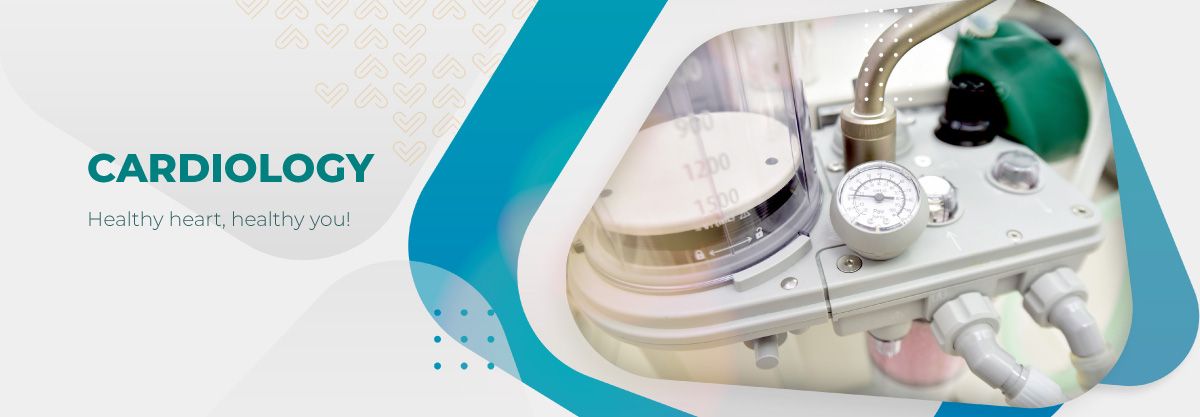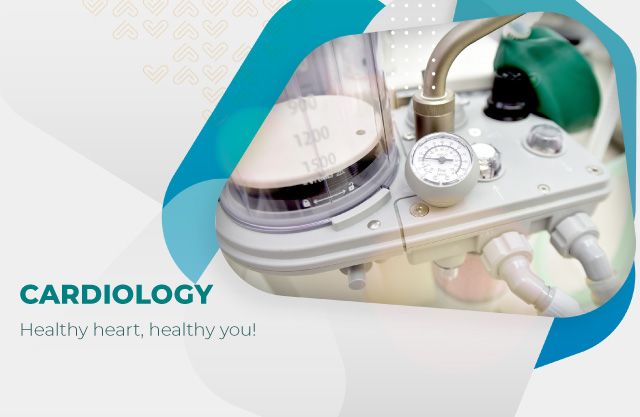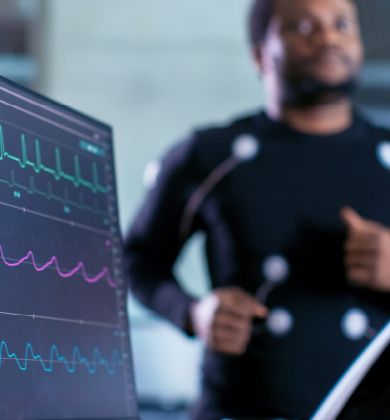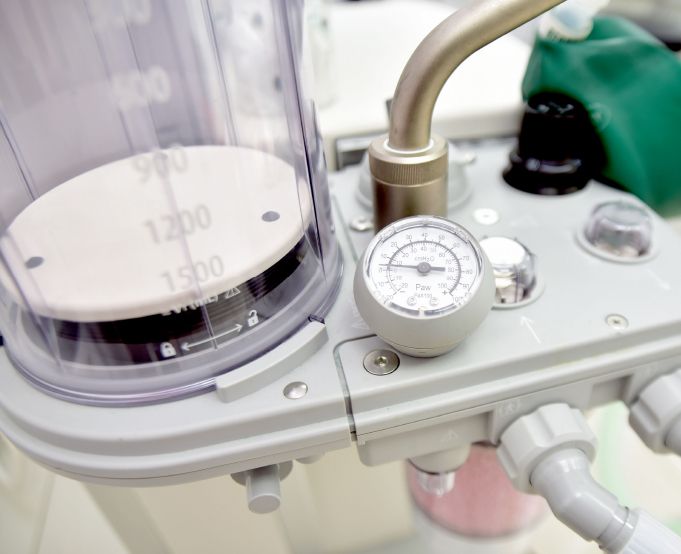Emergency Tel: 211 5157


- Home
- Specialities
- Cardiology
Cardiology

-
Echocardiography
An echocardiogram uses sound waves to produce images of your heart. This common test allows your doctor to see your heart beating and pumping blood. Your doctor can use the images from an echocardiogram to identify heart disease.
Why it's done
Your doctor may suggest an echocardiogram to:- Check for problems with the valves or chambers of your heart
- Check if heart problems are the cause of symptoms such as shortness of breath or chest pain
- Detect congenital heart defects before birth (fetal echocardiogram)
The type of echocardiogram you have depends on the information your doctor needs
-
Coronary Angiogram
During a coronary angiogram, a type of dye that's visible by an X-ray machine is injected into the blood vessels of your heart. The X-ray machine rapidly takes a series of images (angiograms), offering a look at your blood vessels. If necessary, your doctor can open clogged heart arteries (angioplasty) during your coronary angiogram.
Why it's done
Your doctor may recommend that you have a coronary angiogram if you have:- Symptoms of coronary artery disease, such as chest pain (angina)
- Pain in your chest, jaw, neck or arm that can't be explained by other tests
- New or increasing chest pain (unstable angina)
- A heart defect you were born with (congenital heart disease)
- Abnormal results on a noninvasive heart stress test
- Other blood vessel problems or a chest injury
- A heart valve problem that requires surgery
-
Stress test
A stress test shows how the heart works during physical activity. It also may be called a stress exercise test. Exercise makes the heart pump harder and faster. A stress test can show problems with blood flow within the heart.
A stress test usually involves walking on a treadmill or riding a stationary bike. A health care provider watches your heart rhythm, blood pressure and breathing during the test. People who can't exercise may be given a medicine that creates the effects of exercise.
Why it's done
A health care provider may recommend a stress test to:- Diagnose coronary artery disease. The coronary arteries are the major blood vessels that bring blood and oxygen to the heart. Coronary artery disease develops when these arteries get damaged or diseased. Cholesterol deposits in the heart arteries and inflammation usually cause coronary artery disease.
- Diagnose heart rhythm problems. A heart rhythm problem is called an arrhythmia. An arrhythmia can cause the heart to beat too fast or too slowly.
- Guide treatment of heart disorders. If you've already been diagnosed with a heart condition, an exercise stress test can help your provider know if your treatment is working. The test results also help your provider decide on the best treatment for you.
- Check the heart before surgery. A stress test can help show if surgery, such as a valve replacement or a heart transplant, might be a safe treatment.
-
Holter monitor
A Holter monitor is a small, wearable device that records the heart's rhythm. It's used to detect or determine the risk of irregular heartbeats (arrhythmias).
Why it's done
A health care provider may recommend a Holter monitor if you have:- Signs and symptoms of an irregular heart rhythm (arrhythmia)
- Unexplained fainting
- A heart condition that increases the risk of arrhythmias
Before you get a Holter monitor, you'll have an electrocardiogram (ECG or EKG). An ECG is a quick and painless test that uses sensors (electrodes) taped to the chest to check the heart's rhythm.
If you have infrequent arrhythmias, an ECG may not detect them. A Holter monitor may be able to spot irregular heart rhythms that an ECG missed.
Doctor Schedule
Doctors scheduled for the week.
| Monday & Wednesday | 11hr - 13hr | Dr Moussa Fazil |
| Monday & Wednesday | 11hr - 13hr | Dr Soobratty Ali |
| Monday & Wednesday | 11hr - 13hr | Dr Nuckchady Tariq |
| Monday & Wednesday | 11hr - 13hr | Dr Abdool M. Ali |
Doctors and Specialists of Cardiology
Contact Us
-

4, Labourdonnais Street,
Port-Louis -

(230) 211 5157
(230) 211 5181
(230) 211 7559 -

(230) 211 4647
Follow Chisty Shifa Clinic
Patients
Publications
Terms & Conditions | Privacy Policy | COPYRIGHT © 2022 Chisty Shifa.
All rights reserved. Powered by Nova Interaction



